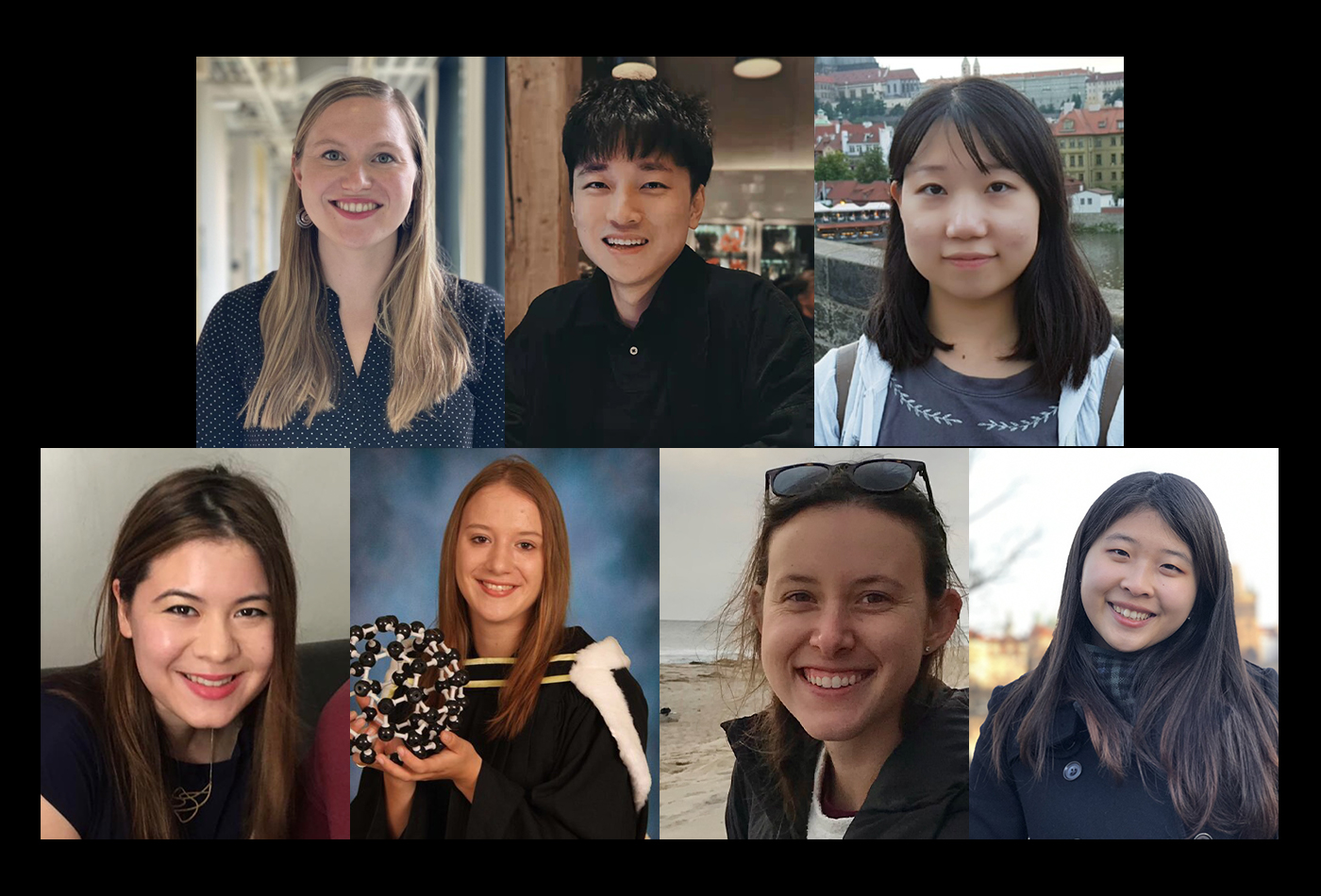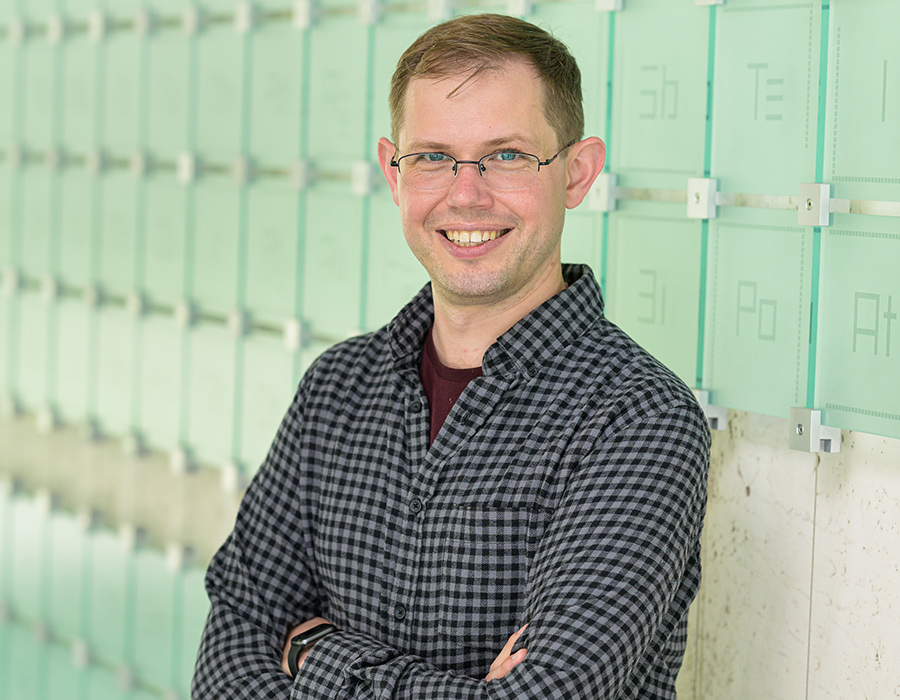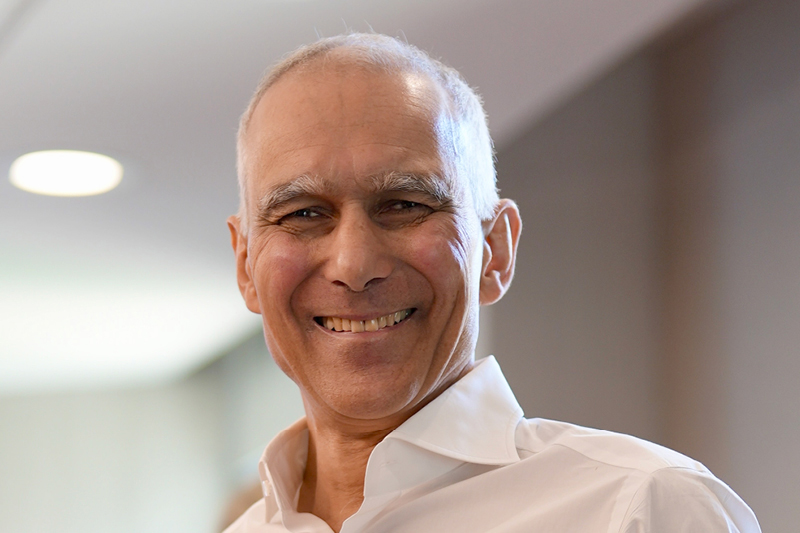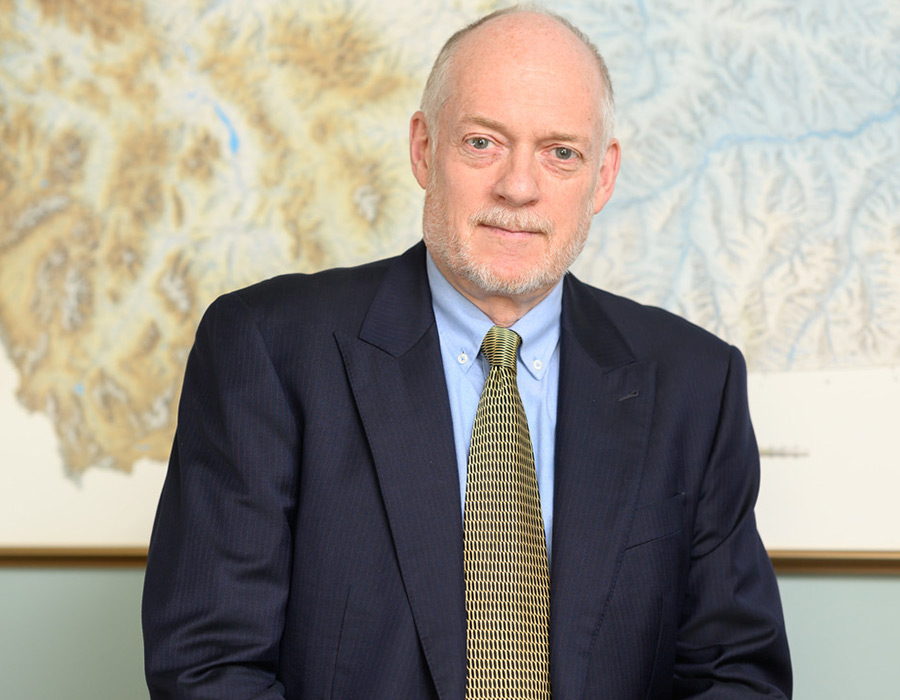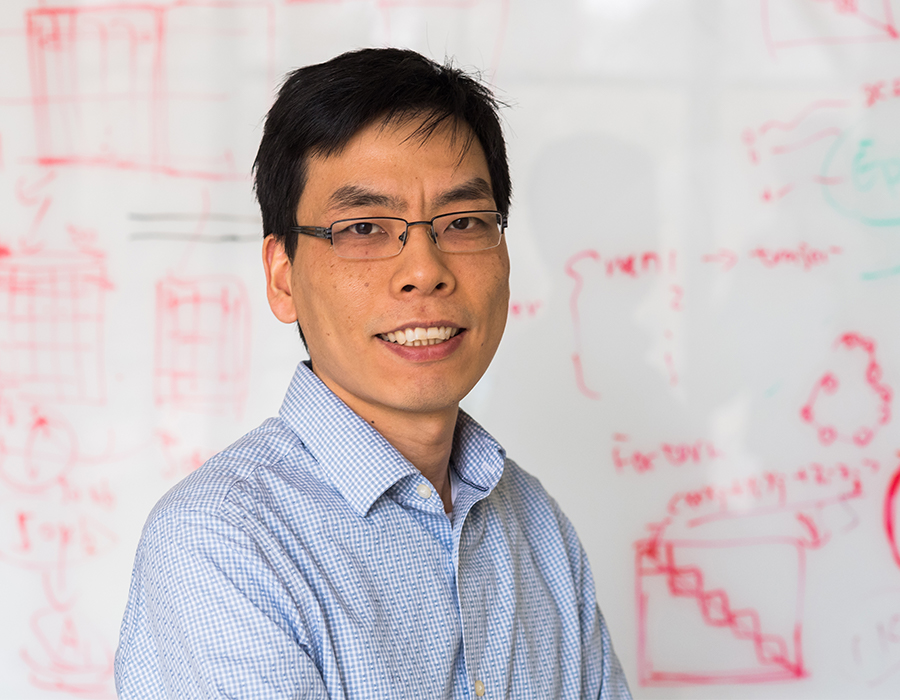Seven Community Members win Fall 2022 Mentorship Spotlight Awards
The winners were nominated by students, postdocs, faculty, and staff in recognition of their exceptional commitment to mentorship.
Six graduate students and one postdoctoral researcher in the Department of Chemistry have been honored with the department’s semi-annual Mentorship Spotlight Award. Established in 2020, this award recognizes individuals who demonstrate exceptional commitment to fostering a positive working environment for those around them, leading by example, and generally demonstrating outstanding mentorship. Each winner will be presented with a prize in the form of a crystal award and a monetary sum.
Fall 2022 Mentorship Spotlight Awardees:
Jill Alty
A postdoctoral researcher, Jill sets an excellent example of patience and perseverance for members of the Kiessling Group, and helps others with thorough enthusiasm.
“Mentoring allows me to be a better scientist,” said Alty. “Through other scientists asking questions, I get the opportunity to review foundations, explore new perspectives, and teach knowledge I’ve gained to others. I’ve benefited greatly from being mentored by fantastic scientists, who are also wonderful people.”
Alty’s research is focused heavily on mucus. Mucus, a network of sugar-bearing polymers known as mucins, has not yet been synthetically mimicked despite its prevalence and critical importance. Establishing fundamental structure–property relationships can only be achieved if the chemical composition of the material can be manipulated. In her postdoctoral research, Alty and the Kiessling group are designing and synthesizing mucin-mimetic glycopolymer networks that could serve as supplemental, exogenous host defense while also serving as models to discover the underpinnings of how mucosal structure influences function.
Seo-yeon Kim
Seo-yeon Kim, a Graduate Student, leads with kindness, is consistently welcoming to members of the Shoulders Group, and is always eager to assist and advise others.
“I have personally experienced the power and positivity of mentorship in the past from the support of people around me, including alumni at MIT Chemistry, and thus I want to pass it on and pay it forward,” said Kim. “It is also very rewarding to work together with my fellow colleagues to overcome challenges and make ideas materialize.”
In the Shoulders Group, Kim studies protein homeostasis in cells, which includes the whole process of protein folding, quality control, degradation, and secretion. Specifically, her research focuses on elucidating the quality control mechanisms of collagen-I, a very abundant fibrillar protein in our body.
Lennon Shaoxiong Luo
Graduate Student Lennon Shaoxiong Luo’s helpful patience and friendly, positive communication has been an instrumental asset to members of the Swager Group.
Janet Peet
Graduate Student Janet Peet’s welcoming and encouraging nature, and her willingness to thoughtfully talk through experiments, is instrumental to the members of the Nolan Group both in and out of the lab.
“I’ve been lucky to have amazing post-doc and grad student mentors from high-school to the first few years at MIT,” said Peet. “Each mentor demonstrated kindness, support, patience, openness, and respect. As a mentor I’ve tried to emulate these admirable qualities and I want to say a big thank you to all my mentors for all they’ve taught me!”
Peet’s work in the Nolan lab lies at the host-pathogen interface studying the human and mouse host-defence protein, calprotectin. She is also interested in the metal starvation responses of dangerous pathogens such as Staphylococcus aureus andPseudomonas aeruginosa.
Tara Sverko
Graduate Student and EHS Rep Tara Sverko’s tireless efforts to ensure that members of the Bawendi Lab have a safe, positive, and productive working environment are critical to the group’s overall experience.
Katherine Walker
In addition to her demanding role as an EHS Rep, Graduate Student Katherine Walker is highly regarded as a constant source of sage advice within the Movassaghi Lab, both for issues pertaining to safety and regular group-related challenges.
“I have benefited from exceptional mentorship throughout my scientific career,” said Walker. “I hope that through mentorship I can foster the same excitement about science in others that has made research rewarding and fun for me.”
Walker’s research focuses on the synthesis of biologically active alkaloid natural products in conjunction with the discovery and development of new reactions for organic synthesis.
Jimin Yoon
Graduate Student Jimin Yoon’s sense of excitement and sincere dedication to contributing to a positive MIT experience is appreciated and invaluable to the members of the Shoulders Lab.
“I was introduced to chemistry by great mentors myself (thanks Jack and James!), without whom I would have never believed that I could have a career in scientific research,” said Yoon. “I hope I can positively influence other people’s experience doing science like they did to me, which motivates me to be a mentor.”
In the Shoulders Lab, Yoon studies how the host proteostasis networks affect the evolution of viral proteins. Protein folding is a major constraint in molecular evolution, since the mutations that cause severe folding defects are purged regardless of how advantageous the new function is. Proteostasis factors can change how a protein navigates through its folding landscape, either by promoting folding or targeting it for degradation. Her research focuses on how this impact of proteostasis networks on protein evolution is manifested in a host-virus setting.

